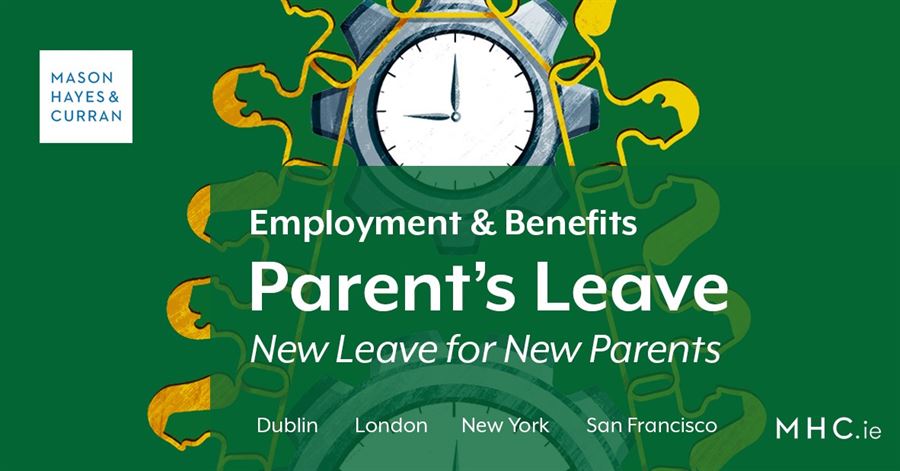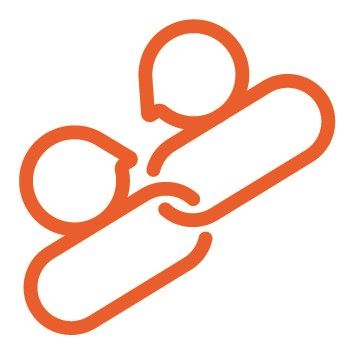
The Parent’s Leave and Benefit Act 2019, which was signed into law on 24 October 2019, will provide parents with an additional right to leave. This right to leave, known as “parent’s leave”, will give employees two weeks leave from employment. This will be in addition to the rights already in place for maternity, adoptive, paternity and parental leave.
Who can take this leave?
The right to take this new leave only applies to children born or adopted from 1 November 2019. The right applies to ‘relevant parents’ under the Act and this is widely defined. It includes:
- A parent of a child, a spouse, civil partner or cohabitant of the parent of a child
- A parent of a donor-conceived child
- An adopting parent or parents of a child
- The spouse, civil partner or cohabitant of the adopting parent, and
- In joint adoptions, each member of a married couple of the same sex, a couple that are civil partners of each other, or a cohabiting couple of the same sex
 When can this leave be taken?
When can this leave be taken?
Employees can take parent’s leave within the first year of the child’s birth or adoption placement but not before. The leave can be taken in either one continuous period of two weeks or alternatively in two one-week blocks. Parent’s leave can only be taken after any period of maternity or adoptive leave has expired.
Paid or unpaid?
Employers do not have to pay employees while on parent’s leave. In line with ordinary maternity, ordinary adoptive and paternity leave, employees on parent’s leave will be entitled to a State benefit. This is currently €245 per week. Employers may decide however to top up employees’ pay in line with other leave policies.
How can you take this leave?
The employee must give their employer six weeks’ notice in writing of the proposed dates on which they wish to take parent’s leave. An employer may postpone the leave for up to 12 weeks in limited circumstances. For example, the leave may be postponed for seasonal variations in the volume of work concerned and the number of other employees also taking parent's leave.
A parent can postpone parent’s leave if their child is in hospital, provided that it is taken within seven days of the discharge of the child from hospital, or another date on agreement.
Protections, restrictions and complaints
A relevant parent will have a right to return to the same job after parent’s leave on the same terms and conditions as before. An employee who avails of their right to parent’s leave must not be penalised by the employer for taking the leave.
Parent’s leave is not transferable between parents unless there is a death of one parent.
A parent cannot benefit from more than one allowance of parent’s benefit in the case of multiple births or adoption of children simultaneously.
Where an employee makes a complaint to the WRC that they were prevented from taking parent’s leave by their employer, the WRC may order the employee be allowed to take the leave and/or award compensation of up to two weeks' remuneration.
Conclusion
Employees who have a child born or adopted from 1 November 2019 will have an additional right to two weeks’ leave. Employees who have had children born or adopted before this date have no entitlement to the leave for those children.
Employees are entitled to a State benefit for the leave and employers will not be required to pay employees during this leave period but may consider doing so.
Employers will need to update policies on family friendly leave to reflect this new right. Employers will also now be faced with managing increased levels of leave for parents of new children.
For expert advice relating to your employees’ entitlements and benefits, contact a member of our Employment & Benefits team.
The content of this article is provided for information purposes only and does not constitute legal or other advice.
Share this:






